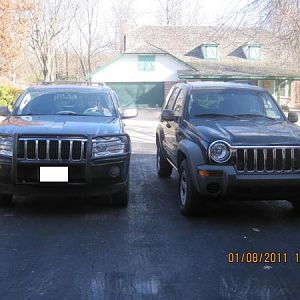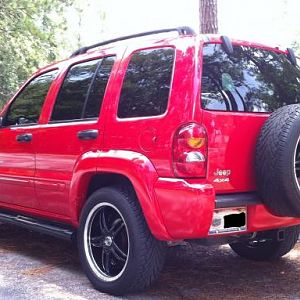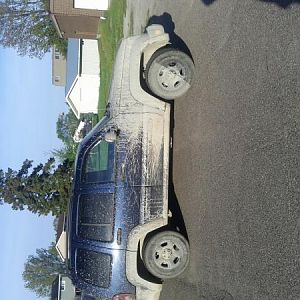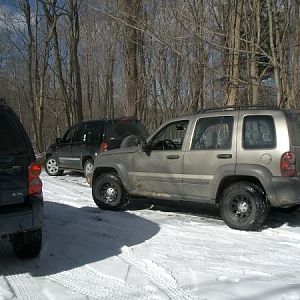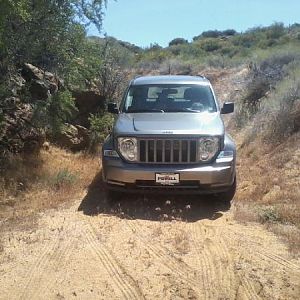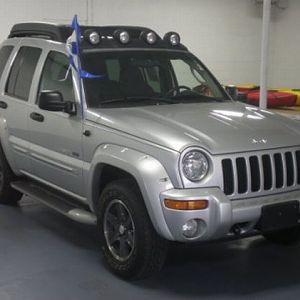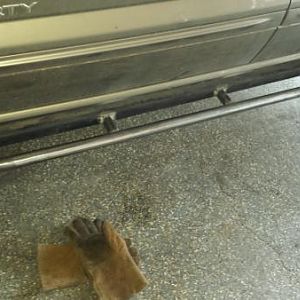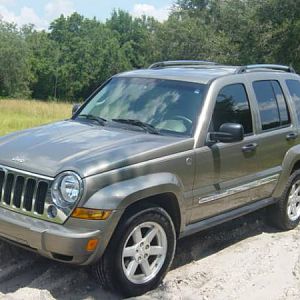the jeeps are able to cross water up to a certain point. Then a snorkel is added for deeper water. I want to make mine be able to handle in the middle of those two. I dont wanna go too deep(snorkel) which would cause water in the cab. I just wanna be able to cross some decent creeks with no engine issues or anything.
ive heard of extended breather tubes but not sure what that does.
Thanks,
ive heard of extended breather tubes but not sure what that does.
Thanks,


